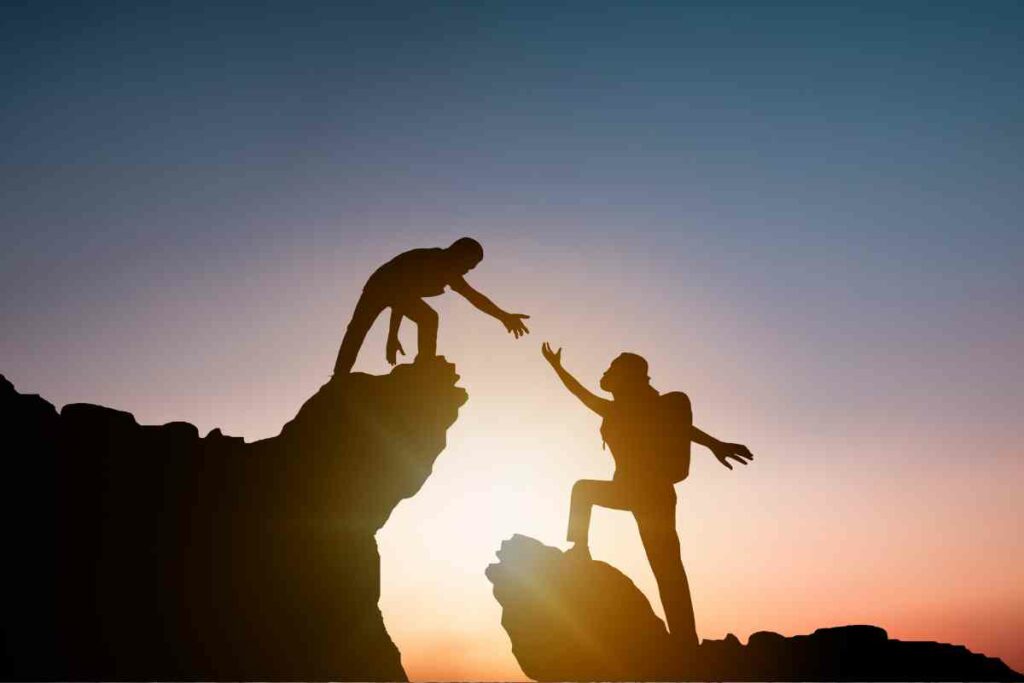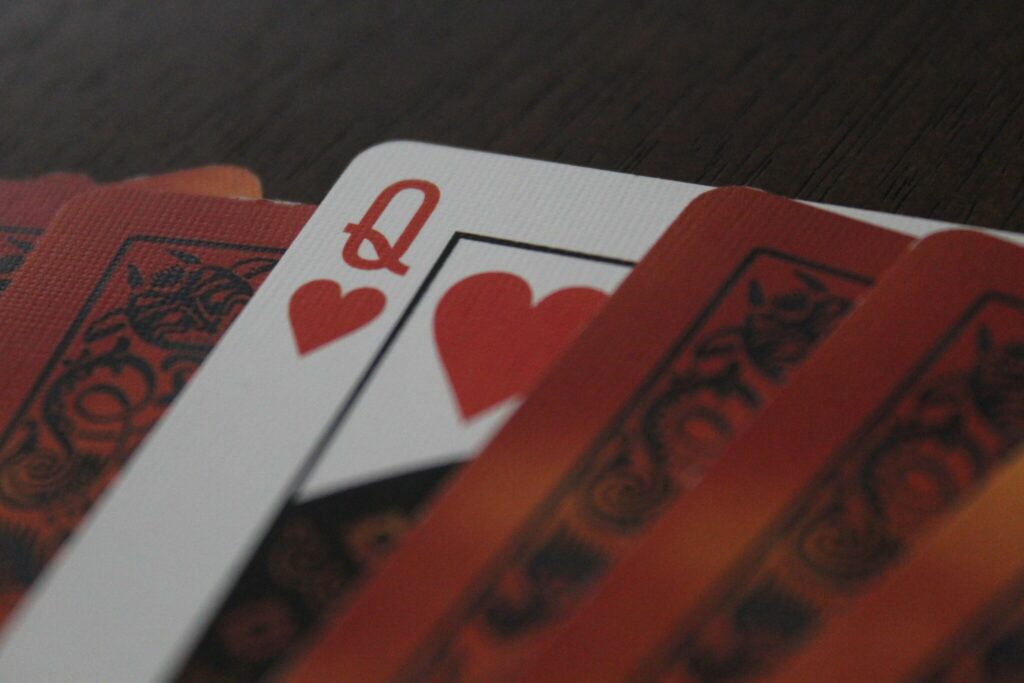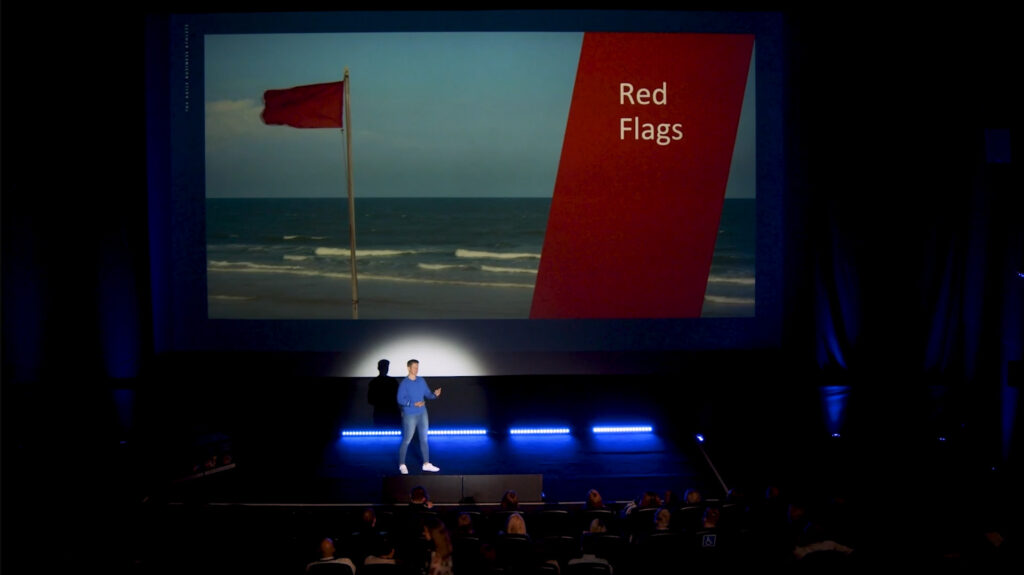I’ve spent the past few months researching the importance of human connection for my new keynote, BOND. And I realised pretty early on that social relationships, particularly in the age of AI, are more important than ever. In fact, I believe they are the next frontier of wellbeing. So, in this week’s SNAP, I wanted to share a story with you—who doesn’t love a story?! It’s about the importance of helping others for our own wellbeing.
Margaret Mead was an anthropologist. And she was asked by a student what she considered to be the first sign of civilisation. Her answer surprised everyone…
The First Sign Of Civilisation
Mead said the first sign of civilisation is a healed human femur bone. Quick anatomy lesson: that’s the big bone that runs from hip to knee. But why would something like this be so significant? Well, ordinarily, whether you’re a human or other animal, a broken bone is a death sentence out in the wild. You can’t find water. You can’t hunt for food. And you certainly can’t run away from predators! So normally, that would be game over—and probably a slow death, too. But according to Mead, the discovery of this healed human femur means quite the opposite. In fact, it tells us that at some point, humans started working together. We began helping others. That bone was healed because someone took care of that injured person.
Why Is Helping Others So Important?
So, Margaret Mead deemed that to be, in her opinion, the first sign of human civilisation. And here’s why I think it’s a really interesting point:
We are coming, I would say, to another crunch point. We’re in a digital age, AI is starting to dominate our lives, and we don’t really know the direction that’s headed. But something we can control is our connectedness. We only have to look at the health implications of loneliness for proof that social relationships are just as essential as a good diet or exercise. We know the effectiveness of belonging, and how powerful it is when we look after each other. And that’s why helping others is so important for our own wellbeing.
Think Femur
That bone was discovered around 15,000 years ago. What it tells us is that what mattered then matters just as much now—especially as digitalisation and artificial intelligence really start to take hold. So I want to encourage you to keep sight of the importance of human relationships and helping others. Because that, I think, is going to make us happy, healthy, more resilient, and ultimately continue to thrive in a rapidly changing world.
Think femur.
Interested in sharing this message with your team at our next event?
Our research tells us that HR teams are facing a big challenge post-COVID; how to foster a culture of belonging, connection and psychological safety. To address these issues, we’ve created a new keynote called BOND: the importance of social relationships and human connection (in the age of AI), motivating teams to create stronger social relationships for the good of their health and wellbeing.
For more wellbeing content, follow @leannespencerkeynote on Insta and LinkedIn.
Take our Cadence Wellbeing Scorecard and receive a free, personalised report with actionable insights you can take into your daily life to optimise your health and wellbeing.
Interested in having Leanne speak to your audience? Book a free, no-obligation discovery call or enquire here: https://leannespencer.co.uk/contact/


